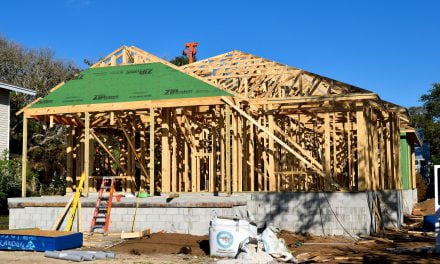For the prior video in this series covering the one year redemption period after a judicial foreclosure, click here.
Award of a money judgment for a deficiency in a property’s value at a fair value hearing
The remaining balance owed on a mortgage may be greater than the fair price of the mortgage holder’s security interest in the real estate. The spread when the fair price is lower than the balance due is the deficiency in the value of the property to cover the debt.
A money judgment for the deficiency in the property value to fully satisfy the debt is available if not barred by anti-deficiency statutes as a nonrecourse debt. This is referred to as a deficiency judgment.
The mortgage holder holding a recourse mortgage will be awarded a money judgment for any deficiency in value at a hearing following the judicial foreclosure sale. At a fair value hearing, noticed within three months after the foreclosure sale, the amount of the deficiency is set by the court. [Calif. Code of Civil Procedures §§580a, 726(b)]
The amount awarded as a deficiency judgment is based on the debt owed on the date of the judicial foreclosure sale, and the greater of:
- the fair market value (FMV) of the property on the date of the foreclosure sale, minus any amounts owed on liens senior to the mortgage being foreclosed, the result setting the fair price of the mortgage holder’s security interest in the property; or
- the amount bid for the property at the judicial foreclosure sale. [CCP §580a]
The mortgage holder is awarded a money judgment for the portion of the debt not covered by the fair price of the mortgage holder’s secured position on title, or the price bid at the sale if it is higher.
The mortgage holder and property owner present evidence at the fair value hearing to establish the property’s FMV on the date of the foreclosure sale. The court may appoint an appraiser, called a probate referee, to advise the court on the property’s FMV. [CCP §§580a, 726(b)]















